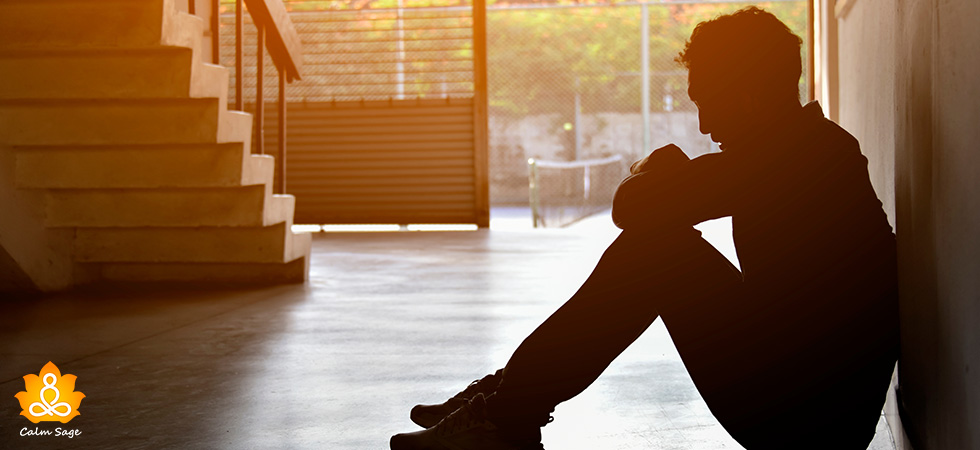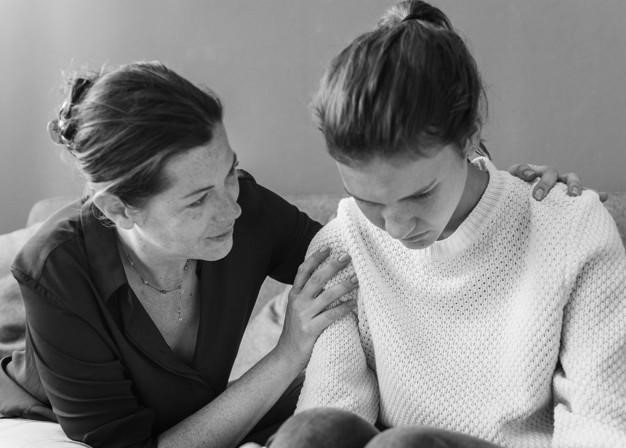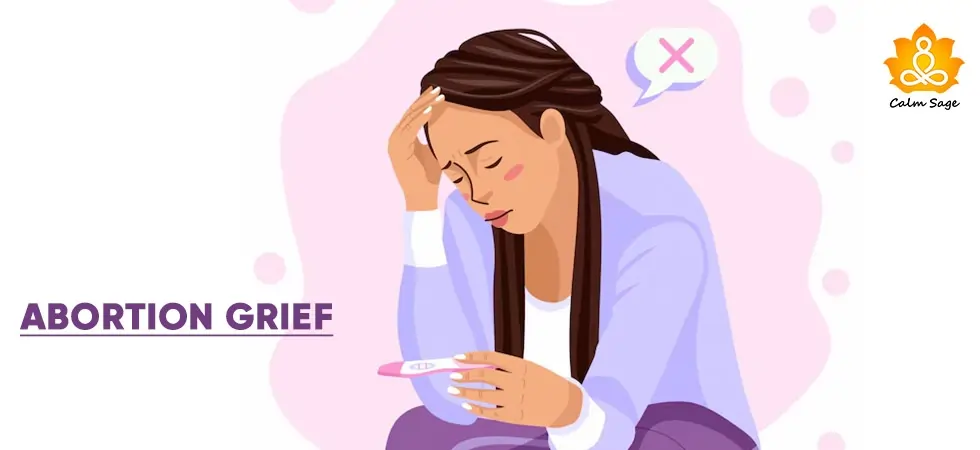What Is Reactive Depression And How To Overcome It | Everything You Need To Know

Did you know certain situations and our reaction towards them can lead to depression?
Yes, there is one such classification of depression that is triggered by the situations and reactions of an individual towards the same. This depression is called Reactive Depression (also known as situational depression). Often it is seen in the light of grief, as we humans tend to react to a situation
That is why it becomes important to understand Reactive Depression so that appropriate treatment and support can be found at the right time.
Reactive Depression
Reactive depression also known as situational depression is a specific type of depression. Although it is not recognized as a clinical disorder, it is formally diagnosed as a type of adjustment disorder. It is complex in terms of causes and symptoms. This depression is brought on by a specific event or situation and can last for several months. The symptoms usually develop within 90 days of the traumatic event. The duration of reactive depression is lesser than the clinical depression, but it does impact the normal functioning of an individual.
What Situations Can Trigger Reactive Depression
As discussed above reactive depression and its symptoms are an outcome of a particular situation or traumatic life experiences. This can include events such as:
- Natural disasters.
- Living in a dangerous surrounding where your life is always at risk.
- Loss of a job (it can be a result of retirement, redundancy, or being fired).
- Financial debt.
- The end of a relationship.
- The death of a loved one.
- Rejection
- Traumatic Injury (car accident, assault, or abuse).
- Diagnosis of a chronic health condition or prolonged illness.
Symptoms of Reactive Depression
Symptoms of reactive depression are quite similar to depression and grief, making it complex. That is why a close diagnosis is required.
- Feeling of persistent hopelessness and sadness.
- Anxious thoughts.
- Irritability
- Fatigue
- Change in weight.
- Issues with indigestion
- Frequent crying episodes.
- Loss of interest in hobbies.
- Decreased libido.
- Low motivation.
- Difficulty concentrating and making decisions.
- Unexplained fatigue.
- Frequent headaches and muscle strains.
- Change in menstrual cycle in women.
Causes of Reactive Depression
Apart from a situation or traumatic event, other causes make an individual vulnerable to a reactive depression. This includes:
- Genetics: According to Dr. Simon people who are more vulnerable to depression because of genetics are more likely to experience reactive depression.
- Existing Mental Health Condition: An existing mental health condition can predispose an individual to a reactive depression.
- Past Childhood Experience With Trauma: Those who have experienced any form of trauma in the past (especially during childhood) are more likely to show the symptoms of reactive depression when encountered with a traumatic event later in life.
Diagnosis of Reactive Depression

As discussed above, the diagnosis of reactive depression can be a little tricky. That is why all the symptoms have to be diagnosed carefully. The symptoms are likely to cause marked distress in the daily life functioning of an individual. The diagnosis is to be made by a mental health professional.
Treatment And Management of Reactive Depression
Seeking help from a mental health professional is suggested for those who have most of these symptoms. Through treatment one can cope with the stressful events effectively. Generally the medication includes medication and therapy. The most supportive psychotherapy for reactive depression is Cognitive Behaviour Therapy (CBT).
Apart from seeking help from professionals, one can also reduce the distress caused by the symptoms, by working on the lifestyle. Certain lifestyle changes that can help you cope with the symptoms of reactive depression are:
- Healthy eating habits.
- Engaging in exercises.
- Getting quality and quantity of sleep.
- Giving yourself rest and time to relax.
Special Section: Difference between grief and reactive depression
Reactive grief is often confused with grief as both of them arise from a traumatic life experience. But while people with grief may be able to see the light of hope, eventually start loving the activities they did, and move on in a safe and appropriate manner. However, that is not the case for reactive depression. People with reactive depression are likely to struggle to find enjoyment in doing anything, an individual is likely to take time in continuing the daily life functioning, and further have depressed mood most of the time. So, in terms of intensity and prolong impact of the event, grief and reactive depression do differ!
If you know someone who has been through a depressive or grief situation recently, check on them closely, talk to them, and help them seek help for the same. Reactive depression can often go undiagnosed, that is why it requires special attention, so don’t miss on the same.
More power to you…





















